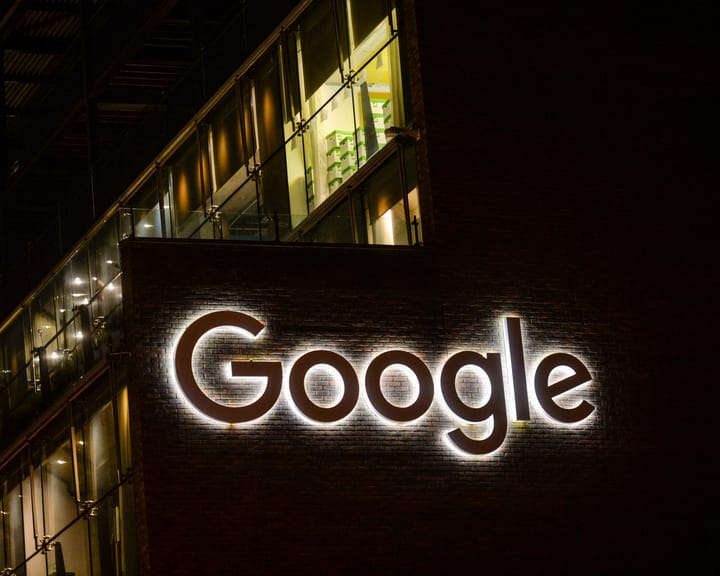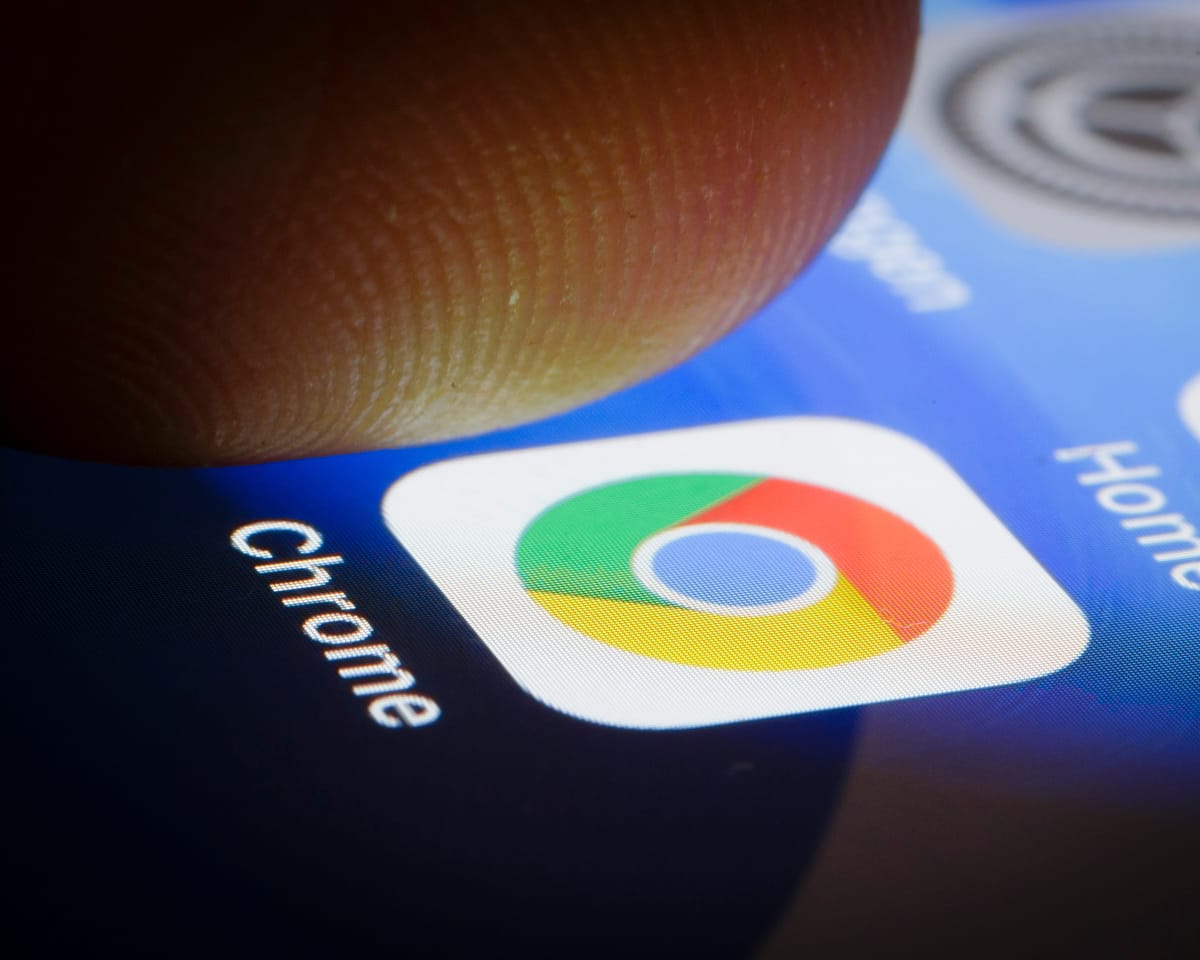Google Permitted to Retain Chrome Browser Under New Court Ruling
A federal judge has ruled that Google will not be required to sell its Chrome browser, marking a pivotal outcome in the tech company’s legal battle over antitrust violations. However, the company must cease certain exclusive agreements with device manufacturers and provide competitors with access to its search engine data.
The decision by Judge Amit Mehta follows months of deliberation over penalties after his 2023 ruling that Google had unlawfully maintained a monopoly in online search. This case, one of the most significant antitrust disputes in years, led to additional hearings in April to determine corrective measures.
The judge’s decision to allow Google to keep Chrome represents a more moderate outcome than what prosecutors sought—forcing the company to divest its flagship search operations and banning it from the browser market for five years. In his 230-page ruling, Mehta stated that the government’s demand for asset divestment was excessive.
While Google avoided the harshest penalties, the ruling restricts the company from making or maintaining exclusive distribution deals for products such as Chrome, Google Assistant, and the Gemini app. It does not, however, prohibit financial agreements with distributors, as a broad restriction could cause unintended consequences.
Following the decision, Google’s stock rose in after-hours trading, signaling investor confidence in the favorable ruling.
Criticism emerged from the American Economic Liberties Project, a nonprofit advocacy group, which called the ruling a “complete failure.”
“Convicting someone of bank robbery shouldn’t result in merely writing a thank-you note for the stolen money,” said Nidhi Hegde, the organization’s executive director. “Likewise, finding Google guilty of monopolization should not lead to a remedy that protects its dominance.”
Google maintained in its defense that its search dominance resulted from superior technology, not anticompetitive practices. Prosecutors, however, revealed that the company had spent billions securing default placement on devices from manufacturers like Samsung and Apple, securing roughly 90% of the U.S. search market.
Last year, Mehta ruled that Google had “acted as a monopolist to maintain its control.” This week’s decision noted shifts in the search industry since the case concluded, shaping the remedies accordingly.
Read next

"Tesla proposes $1 trillion compensation deal for Elon Musk"
Elon Musk Could Reach Trillionaire Status Under Tesla’s New Plan
Elon Musk may become the first trillionaire if Tesla meets certain ambitious targets outlined in a recent company announcement.
The electric vehicle manufacturer detailed the terms of the incentive plan—which is unlike any other in corporate history—in

"Google hit with €3bn EU fine for ad tech market dominance abuse"
CuriosityNews Reports: EU Fines Google €2.95bn Over Advertising Rules Breach
European Union officials on Friday imposed a €2.95bn ($3.5bn) penalty on Google for violating competition regulations by giving preferential treatment to its own digital advertising services. This marks the fourth such antitrust fine for the company and

"Anthropic to pay $1.5bn in book piracy case settlement"
Artificial intelligence firm Anthropic has agreed to pay $1.5 billion to resolve a class-action lawsuit filed by authors who allege the company used unauthorized copies of their books to train its chatbot.
The settlement, pending approval by a judge as early as Monday, could signal a shift in legal

